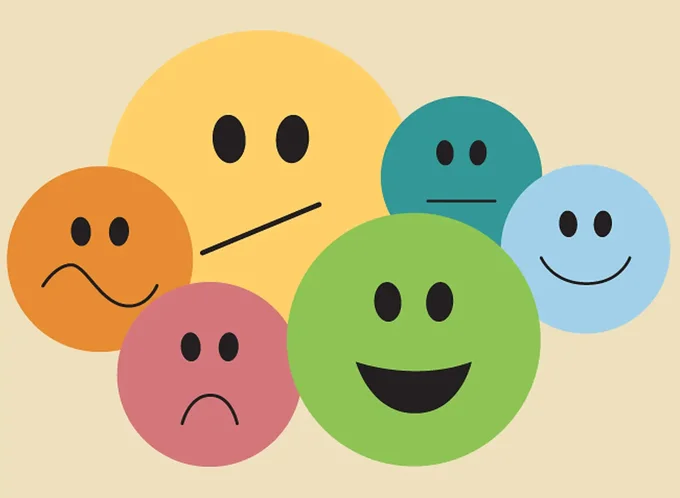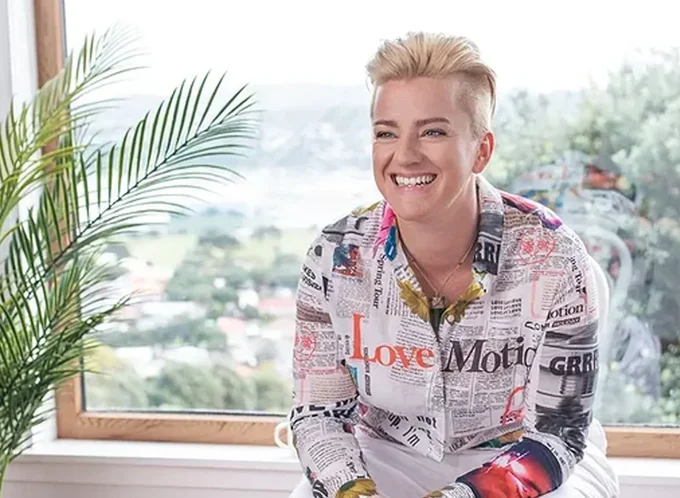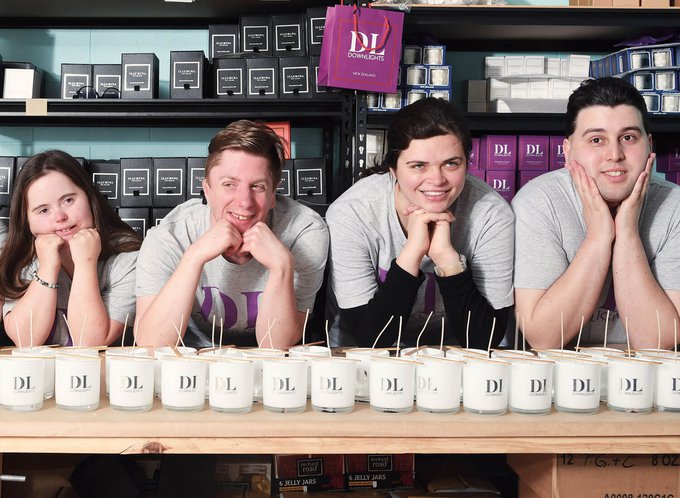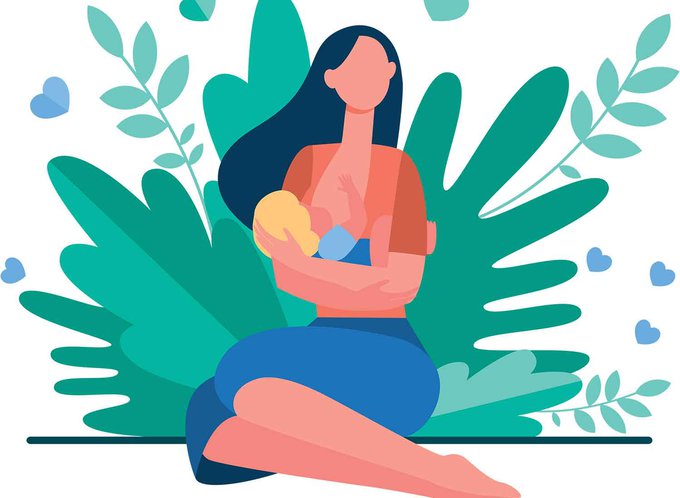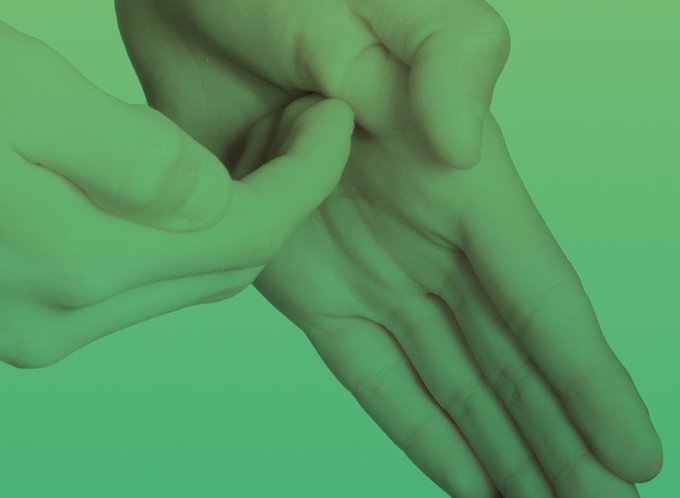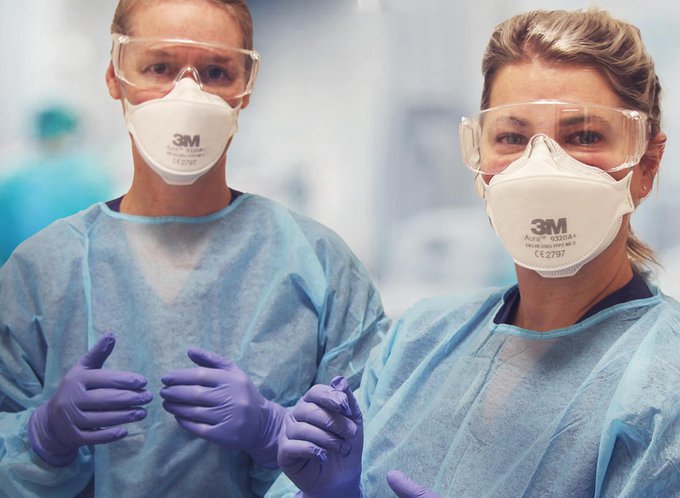Tired and wired? Ahead of MAS’s new campaign on easing the stress that keeps us awake at night, we talked to MAS Member sleep experts about slumber myths, sleep misperception and how to nod off when your mind is having none of it.
Sleep – we all spend roughly one-third of our lives doing it. We chat about it with colleagues over coffee, dissect its mundane details with family, coax kids into getting more of it and spend too many evenings either chasing Zs or avoiding them. As humans, we’re endlessly fascinated by it – just look at how often sleep shows up in books, ads, news articles, songs, poems, films and folklore. Simple and complex at the same time, it’s romanticised, feared, resented and revered. And to most of us, it’s a mystery.
That’s why Dr Michael Hlavac, MAS Member and Director of Sleep Services at Christchurch Hospital, finds himself so popular at dinner parties. “When people hear what I do, there’s often a queue lining up to ask me about their sleep issues! People are always interested because sleep is one thing we all have in common. And there are so many myths and assumptions out there. Everyone’s got questions about it.”
Michael, who splits his time between treating sleep apnoea patients at Christchurch Hospital and seeing clients at Cansleep private clinic, says a lot of his work comes down to reassuring people that their sleep concerns are normal and, if need be, fixable.
“We have this belief that if we don’t sleep, then it’s going to have absolutely terrible consequences."
“But often, not sleeping properly is a completely normal reaction to something else that’s happening in life at the time. If there are issues to address, there are ways to tackle them.”
In the capital, Professor Alister Neill has noticed a similar trend towards heightened anxiety around slumber. As a sleep physician at Wellington Hospital and Director of University of Otago‘s WellSleep Centre, he often sees patients caught up in a vicious cycle that leads to restless nights.
“The thing about sleep is the more you worry about not getting it, and the harder you try to get it then the harder it will be to actually fall asleep,” says the long-time MAS Member. “People are worried about sleep initiation and staying asleep, and those concerns are definitely on the rise. But we want to tell people that having a bad sleep from time to time or waking up in the night is completely natural.”
What’s stopping us from snoozing?
These days, it’s not just teenagers who are up too late. With everything from Netflix shows just waiting to be binged on to constant notifications popping up on our phones, we’re filling up our evenings with things that can make us more wired rather than weary.
As a result, many of us are stuck in a pattern of what’s known as circadian phase delay – falling asleep later than usual, wanting to sleep in later or feeling tired in the mornings – and shifting our body’s natural rhythms in the process.
All that lying awake when we should be drifting off is enough to send most of us reaching for our phone again, but Alister says changing our habits starts with changing our mindset.
“In general, I think we need to make sleep a priority again, as much as we would any other aspect of our health.”
"It sounds basic, but we need that tech-free wind-down time for a healthy night’s sleep. It’s also really helpful to keep your wake-up time as regular as possible and get some good light exposure soon after waking.”
Like with many aspects of keeping well, our sleep is impacted by a huge range of factors, from age to alcohol intake. Sleep issues related to anxiety and depression need to be monitored with your GP, but for the odd restless night, Michael’s top tip is to trick the brain into forgetting about slumber altogether.
“If you can’t fall asleep within about 20 minutes, then get out of bed, go to a different part of the house, find somewhere relaxing and calm and peaceful and do something low stimulus, as this takes your mind away from the fact that you’ve not been able to sleep,” he says.
“Usually, what happens is you’ll start to feel sleepy because you’re not really thinking about it. Once you start to feel sleepy, then go back to bed and try again. A lot of people do this intuitively, and it’s something we recommend because long periods of being awake overnight can make insomnia more hardwired, so breaking that association early is really important.”
Alister has a similar take. “I tell people to turn on a low light and read something incredibly boring. Not something related to work, not on a screen and nothing that’s stimulating in any way. When you can’t sleep, the key is not to catastrophise the situation or give it too much psychological importance.”
Are we really as sleep deprived as we think?
While we’re often quick to tell ourselves we’ve hardly slept a wink, experts say it’s probably not so bad after all.
Through his own research and a wealth of other studies, Alister says many of us underestimate our sleep by about 1–2 hours a night. And like much of the science related to snoozing, the reasons for this are complex.
“It’s not that people are lying about their sleep, but what the research suggests is it’s linked to having parts of the brain that are asleep and parts that aren’t,” he says. “This is especially true with insomnia, where it seems like the more anxious you are, the more of these active areas you have in the brain when you’re asleep. Having more of these active areas also makes it harder for you to tell whether you’re awake or asleep.”
And if it’s not already bad enough that our own biology can have us believing we’re not sleeping, there’s now a new wave of technology getting in the way.
It’s an ironic sign of the times that the same companies developing the tech that’s keeping us awake have also started monitoring our sleep, and anecdotally, Alister says data from Apple Watches and sleep apps is prompting more people to incorrectly diagnose themselves with sleep problems.
“I can see how it’s interesting to people, and the tech companies are certainly very interested in it, but data from personalised monitoring systems isn’t detailed enough to give a reliable insight. It’s just not up to scratch yet. The overall message is that, if people are concerned about something, they should see a medical professional and get some quality testing to get to the bottom of it.”
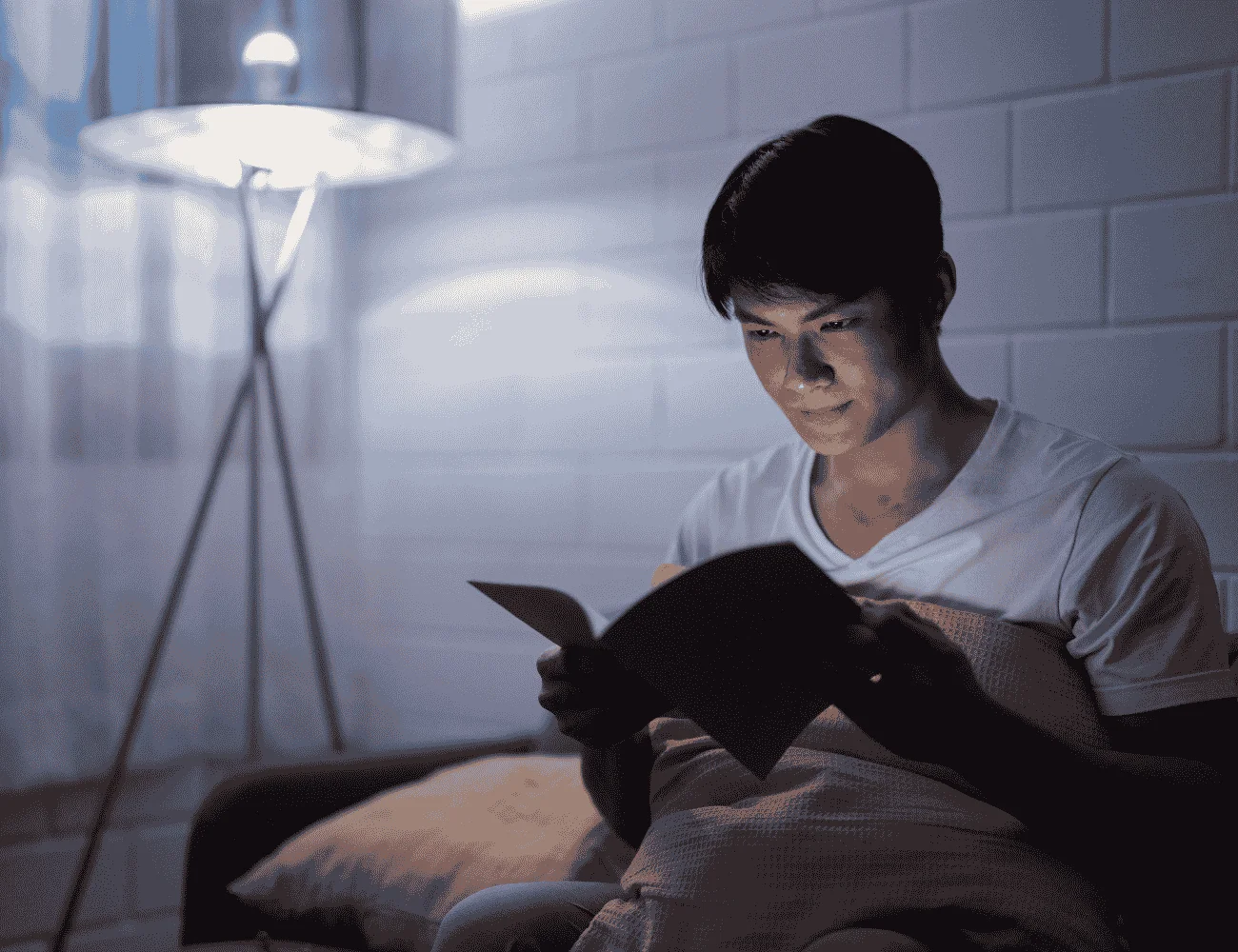
Wide awake?
Sleep experts put some common myths to bed
Older people need less sleep
“This is a really common misconception, and older people often don’t expect to sleep that well because they believe the myth,” says Dr Michael Hlavac. “Getting older means people have a higher likelihood of developing a sleep disorder like sleep apnoea, and sometimes older people might have a more broken sleep due to pain or other impacts on their health, but they still need the same 7–8 hours a night to feel refreshed.”
You can ‘bank sleep’ to store in advance
Short answer: no. If you’re planning on getting an early night ahead of a big weekend, science shows this old trick won’t help you to party any harder. If lifestyle factors are keeping you up late, experts say there’s nothing we can do to prevent becoming sleep deprived. However, we can catch up and pay off sleep debt by getting a bit of extra shut-eye over the subsequent few nights.
The more sleep, the better
You can get too much of a good thing – and this is true for our slumber. “If you’re regularly sleeping for 12–14 hours a night, and we see this sometimes with chronic fatigue patients or people who are having long-term effects from Covid, then you might be at risk of sleep inertia,” says Professor Alister Neill. “This is when sleep makes the brain feel tired rather than refreshed. In that situation, we help people to progressively reduce how many hours they’re sleeping.”
Only deep sleep counts as good sleep
This type of thinking is not only wrong, it can also make us even more anxious about nodding off. “This is something I’m asked a lot, and I always reassure patients that lighter sleep is still useful sleep,” says Alister. “Lighter sleep stages are normal and healthy and important for helping the body restore. And you don’t have to have a solid, uninterrupted 8 hours either – there are lots of different ways of getting healthy sleep.”
Some people only need a few hours of sleep a night
Winston Churchill, Albert Einstein and Margaret Thatcher are among the many famous figures who claimed to only need a few hours of shut-eye to feel refreshed. As intriguing as it sounds, it’s likely not true, says Michael. “It’s very abnormal for an adult to need anything less than 7 hours of sleep each night. These sorts of claims are probably linked to sleep misperception, and it’s certainly not ‘lazy’ to need 7 or 8 hours of sleep.”
Teens can’t nod off because they’re up late watching TikTok
Yes and no. Michael says it’s not just poor sleep hygiene that’s turning your teenagers into night owls but naturally-occurring shifts in their sleep rhythms. “When you go through adolescence, your brain starts to secrete melatonin [the hormone that helps us to sleep] later in the evening. You could take a bunch of teenagers and isolate them without their phones and that would still happen, it’s just part of our biology. But staying up late on social media will make that delay in going to sleep even more profound.”
Know someone who might enjoy this?
Read this next
-
November 2022
How to eat well when you can’t be bothered
Greater good
See all-
March 2021
Candles for a cause
-
March 2021
Helping Kiwi babies thrive
-
March 2021
Creating a Deaf-inclusive Aotearoa

